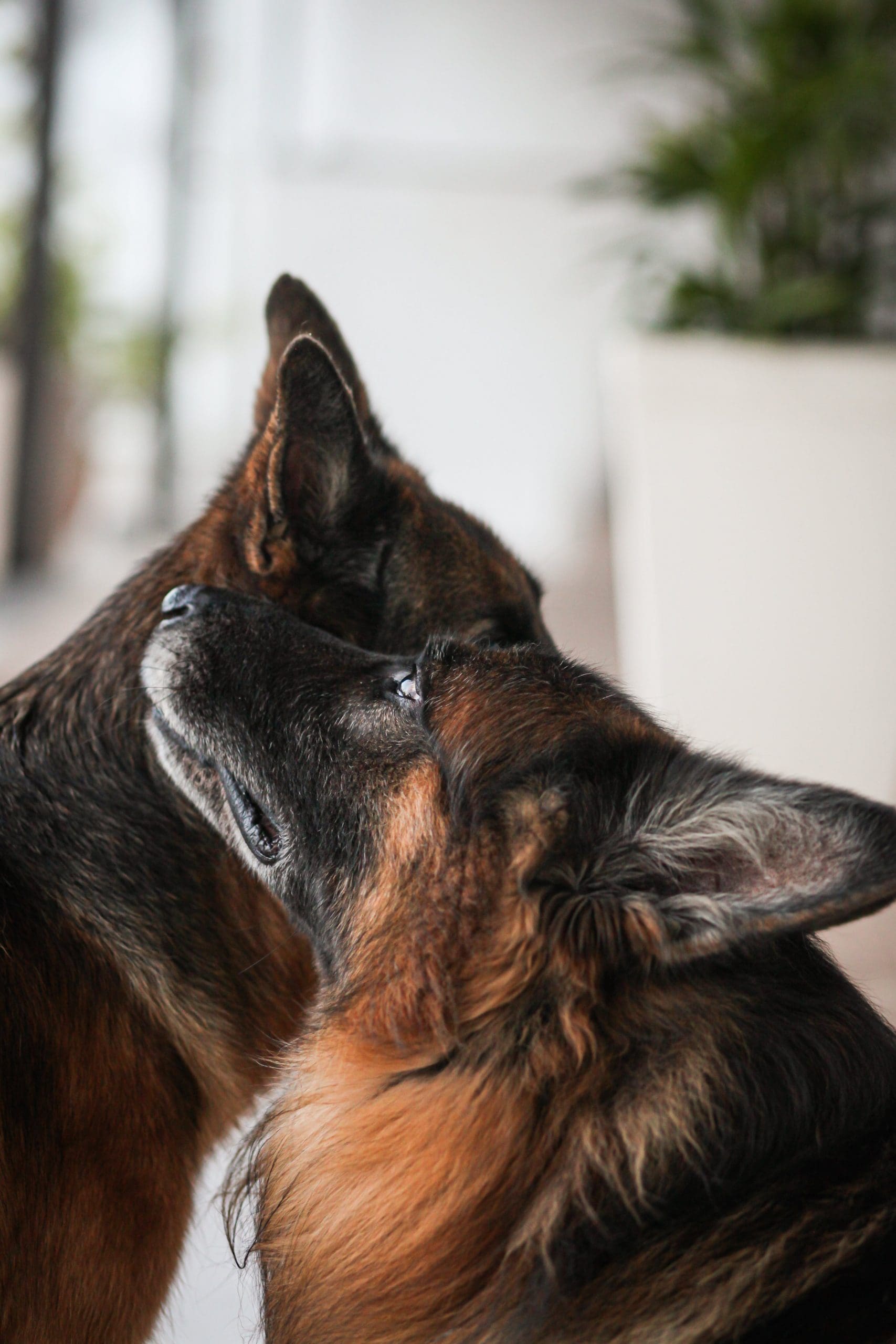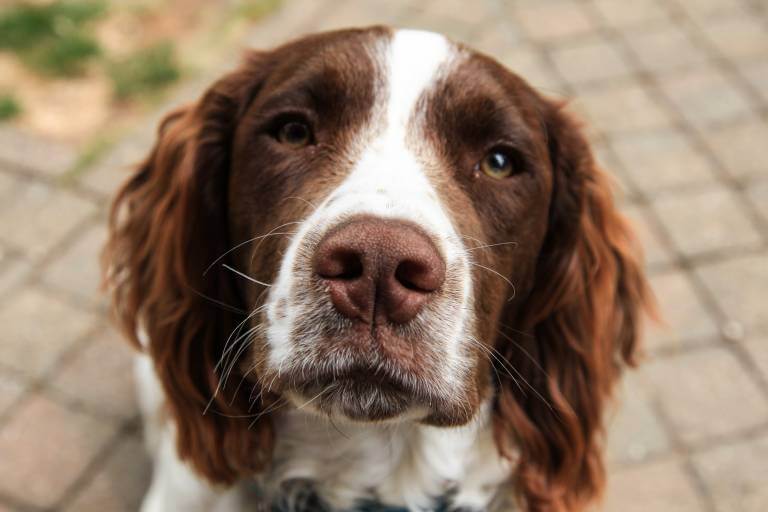How To Treat An Abscess On A Dog At Home?
Post Date:
December 10, 2024
(Date Last Modified: December 10, 2024)
An abscess on a dog can be alarming for any pet owner. It’s natural to feel concerned when you spot a swelling or lump on your furry friend. An abscess usually consists of a pocket of pus that forms due to infection, often from a bite, scratch, or other injury. While seeking veterinary care is always the best option for serious issues, there are steps for managing a mild abscess at home to support your dog’s healing process.
Recognizing an Abscess
Identifying an abscess is the first step. You may notice a swollen area on your dog’s skin, which can feel warm to the touch. Signs of discomfort may include whining or reduced activity. If the abscess ruptures, it may discharge pus with a foul odor. Assess the situation calmly and determine the best course of action.
Consult Your Veterinarian
Before attempting home treatment, consult your veterinarian. They can offer advice tailored to your dog’s specific situation, including the abscess’s size and location, as well as your dog’s overall health. If the abscess is small and your vet agrees on home care, you can proceed with a treatment plan.
Cleaning the Abscess
Start by keeping the area clean. Gently clean the abscess with warm water and mild soap. Steer clear of harsh chemicals or alcohol, as they can irritate the skin. After cleaning, apply a warm compress to the area for about 10 to 15 minutes, a few times daily. This can help draw out infection and reduce swelling by increasing blood flow to the area.
Draining the Abscess
If the abscess has not yet ruptured, you may assist in draining it, but do so with caution. Using a sterile needle or scalpel can be risky without experience, so prioritize your dog’s comfort and safety. If uncertain, it’s best to leave this to the professionals.
Caring for a Ruptured Abscess
If the abscess has burst, keeping the wound clean is critical. Gently wipe away any pus or discharge with a clean cloth or gauze. Continue using warm compresses to help maintain cleanliness and promote healing. If the discharge is excessive or you notice worsening symptoms, contact your veterinarian promptly.
Preventing Self-Trauma
To deter your dog from licking or scratching the area, consider using an Elizabethan collar or a protective shirt. Dogs often instinctively groom themselves, which can introduce bacteria and hinder healing. Keeping the area covered will help protect the wound and facilitate proper recovery.
Supporting Immune Health
In addition to topical care, support your dog’s immune system by ensuring they consume a balanced diet rich in nutrients. You may consider adding supplements that promote healing, such as omega-3 fatty acids, after discussing this with your veterinarian.
Monitoring Recovery
Keep a close eye on your dog during the healing process. Look for signs of improvement, like reduced swelling and less discharge. If you notice increased pain, fever, or loss of appetite, seek veterinary care immediately. These could indicate a more severe infection requiring antibiotics or additional treatment.
Hydration is Key
Hydration plays a vital role in recovery. Ensure your dog has access to fresh water at all times. If your dog seems reluctant to drink, try offering ice cubes or adding low-sodium broth to their water to encourage them to hydrate.
When to Seek Professional Help
If the abscess is not healing or keeps recurring, revisit your veterinarian. They may need to drain the abscess professionally or investigate underlying issues contributing to the problem. Some dogs may have conditions that predispose them to skin infections or abscesses, making it essential to address these for long-term health.
In cases where an abscess is near sensitive areas, such as the eye, ear, or mouth, seeking veterinary care is particularly important. These regions are delicate, and complications can arise quickly. A veterinarian has the expertise and tools to handle these situations safely.
Preventing Future Abscesses
Regular veterinary check-ups can help identify potential health issues before they escalate. Keeping your dog’s environment clean and minimizing their exposure to potential hazards—like fights with other animals or rough play—can reduce the risk of injuries that lead to abscesses.
While home treatment can be effective in certain cases, remain vigilant. Your dog depends on you for care, and attentiveness to their needs is crucial. Understanding how to recognize and manage an abscess allows you to provide comfort and support to your furry friend during recovery. The health and well-being of your dog are paramount. Involvement of your veterinarian is essential whenever needed, as your proactive approach can significantly impact your dog’s recovery and overall quality of life.






